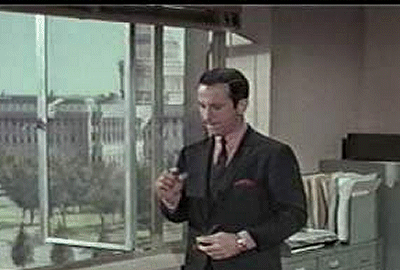. . . Modern Christianity must always reckon with the possibility of having to abandon the historical figure of Jesus. Hence it must not artificially increase his importance by referring all theological knowledge to him and developing a ‘christocentric’ religion: the Lord may always be a mere element in ‘religion’, but he should never be considered its foundation.
To put it differently: religion must avail itself of a metaphysic, that is, a basic view of the nature and significance of being which is entirely independent of history and of knowledge transmitted from the past . . . (p. 402 of The Quest of the Historical Jesus, 2001, by Albert Schweitzer.)
Dominican priest Roland de Vaux of Dead Sea Scroll fame or infamy, wrote that if the historical faith of Israel is not founded in history, then that faith is in error, and our faith is also (“et la notre aussi.”)
Biblical archaeologist George Ernest Wright wrote:
In biblical faith everything depends upon whether the central events actually occurred. . . . To assume that it makes no difference whether they are facts of not is simply to destroy the whole basis of faith.
Thomas L. Thompson (from whom I have taken these references to de Vaux and Wright) aptly notes (my emphasis throughout):
Indeed, it soon becomes clear, it is not ultimately in the Bible that this “biblical faith” is grounded, but in the events of history, and in the Bible only insofar as the Bible retells historical events.
Is not this a rather wry reminder of Marxism’s faith or belief in history?
Is not the fundamental difference between the two, then, merely the interpretation of history? Continue reading “Faith in History: a faith for both Christians and Marxists”






 Rick has posted another constructive response,
Rick has posted another constructive response, 